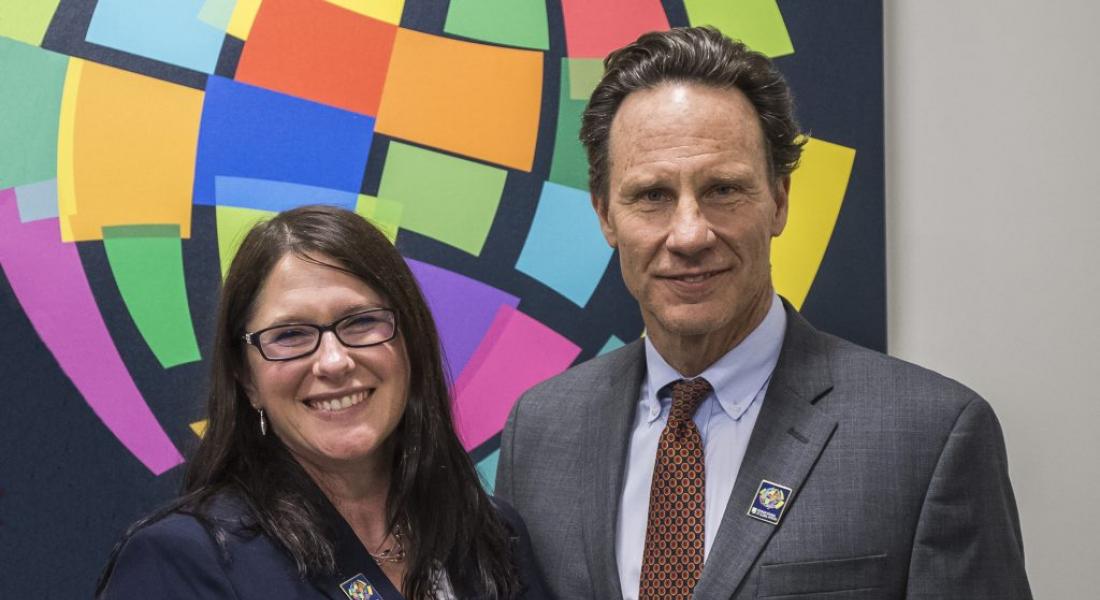
A Q&A with Master of Global Affairs Faculty
Kellogg Faculty Fellows Tracy Kijewski-Correa and Steve Reifenberg are co-directors of the Integration Lab (i-Lab) at the University of Notre Dame’s Keough School of Global Affairs. The i-Lab enables master of global affairs students to develop integrated solutions to global challenges in partnership with organizations in Africa, Asia, Latin America, the Middle East, Europe, and Washington, DC.
How have you adapted the i-Lab to enable student learning amid a pandemic?
We had to conceive a new plan for field research this year – research that masters students would have otherwise conducted over the summer in India, South Africa, Myanmar, Uganda, the Philippines, Chile, and the Pacific Islands. As our partner organizations and their field offices experienced the shock waves of stay-at-home orders worldwide, often without the infrastructure to undertake virtual modes of work, the second half of the semester was a time of considerable uncertainty for all of us. We were impressed by the creativity that our partners and students brought to their relationships, accompanying one another and co-creating new ways to pivot their projects to a virtual mode.
How have students adapted their research methods?
For some, this meant collecting data in new ways through representatives on the ground, such as capturing photos that convey the concept of home in refugee settlements in Uganda. Other students facilitated virtual engagements with key informants around the globe, conducting WhatsApp interviews on sustainable natural resource management with communities in South Africa and convening virtual focus groups of educational leaders in rural Chile. Learning to navigate this uncertainty and developing skills to do so meant that our students had to exercise new muscles, which will be increasingly important in their professional and personal lives.
What skills are needed to help students prepare to manage crises and global risk?
Undoubtedly, crises and global risks tend to trigger our survival instincts, which narrow our vision in decision-making, limit our ability to collaborate with others, and stifle creativity necessary to find optimal solutions and new opportunities. Yet, our students have found ways to be creative, effective, and mindful practitioners, engaging a systems thinking mindset and operating with empathy for themselves and others. That empathy ensures they can remain human-centered, flexible, and adaptive – traits that are essential in today’s reality.
How does the Keough School’s i-Lab help students develop these skills during the two-year Master of Global Affairs program?
The i-Lab focuses on learning by doing. We cultivate practice-relevant skills that our student teams will need to be effective with their partner organizations: managing projects with agility, working ethically across cultures, communicating strategically, and solving problems collaboratively. Students engage with partner organizations over several semesters to translate theory into practice, integrating knowledge gained in coursework and the i-Lab to have a meaningful impact on their partners and the communities where they engage. As we learned this year, this skill building actually intensifies when crises require unexpected virtualization and rapid adaptation. With the resilience and creativity our students have shown, we know they are equipped to not just survive but flourish.
Originally published at foreignaffairs.com in the September/October 2020 issue.





